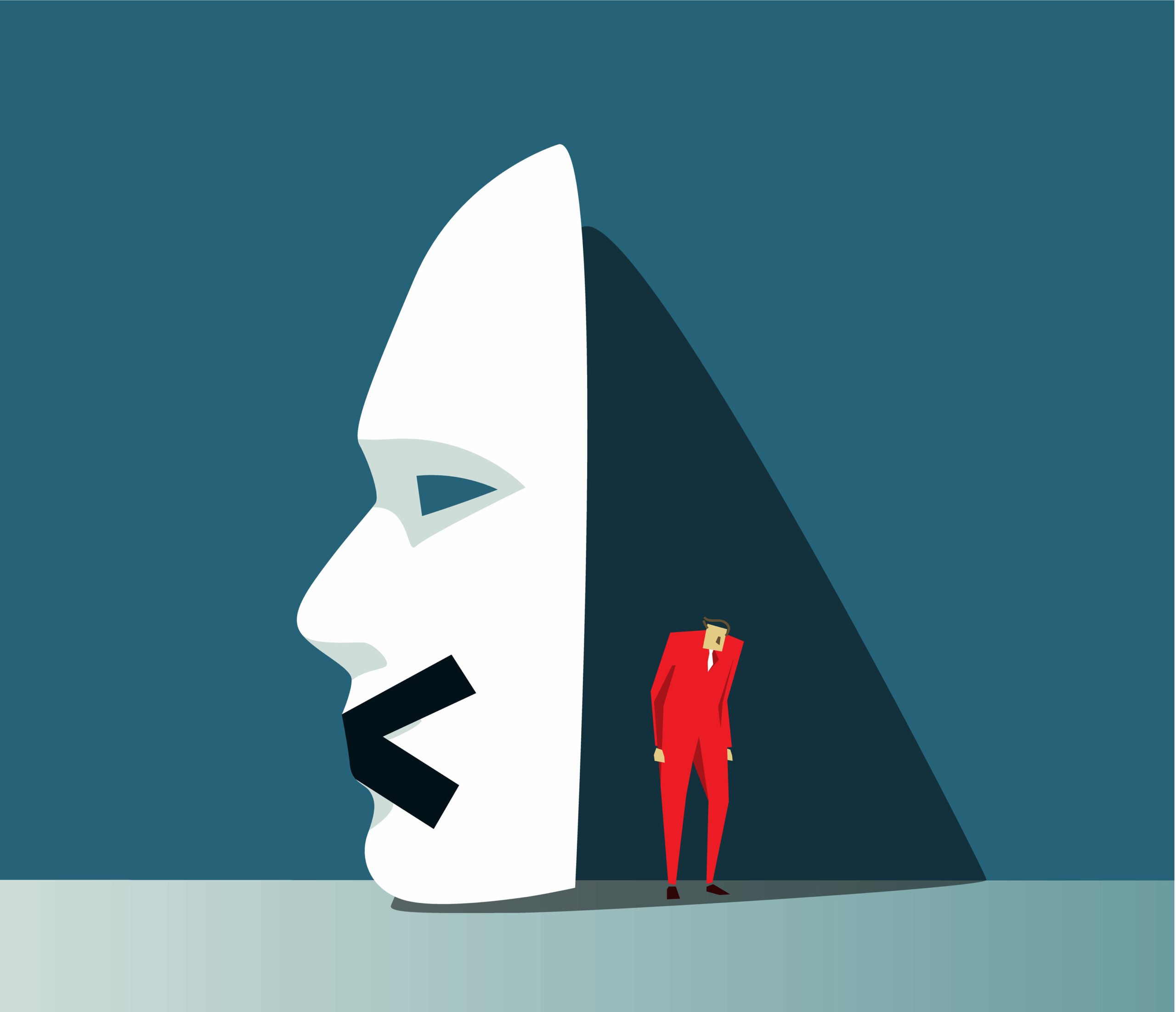It sometimes takes a great sadness to change us; but not to coerce us, manipulate us, or guilt us into a new way of life. Instead, a great bump in the road of life may actually free us, and give us back the joy we were looking for. This is a theme in Fyodor Dostoyevski’s classic, “The Brothers Karamazov” and a gift for us today. For Dostoyevsky, it may take nothing short of a taste of isolation for us to realize what it is to love each other, and to discover in each other the hope we have been looking for.
He writes this brilliantly in a dialogue between two characters, “Until you have become really, in actual fact, a brother to everyone, brotherhood will not come to pass. No sort of scientific teaching, no kind of common interest, will ever teach people to share property and privileges with equal consideration for all. Everyone will think his share too small and they will be always envying, complaining, and attacking one another. You ask when it will come to pass; it will come to pass but first we have to go through a period of isolation.”
Dostoyevski names an experience that we’ve all gone through in this pandemic. A global ‘time-out,’ a season of isolation that has caused us to consider the wellbeing of our neighbour, and to think of them not just as the person-next-door, but maybe to see them as something more.
He continues, “For every one strives to keep his individuality as apart as possible, wishes to secure the greatest possible fullness of life for himself; but meantime all his efforts result not in attaining fullness of life but self-destruction, for instead of self-realization he ends by arriving at complete solitude. All mankind in our age have split up into units, they all keep apart, each in his own groove; each one holds aloof, hides himself and hides what he has, from the rest, and he ends by being repelled by others and repelling them… For he is accustomed to rely upon himself alone and to cut himself off from the whole; he has trained himself not to believe in the help of others, in men and in humanity, and only trembles for fear he should lose his money and the privileges that he has won for himself. Everywhere in these days men have, in their mockery, ceased to understand that the true security is to be found in social solidarity rather than in isolated individual effort… all will suddenly understand how unnaturally they are separated from one another… But, until then, we must keep the banner flying. Sometimes even if he has to do it alone, and his conduct seems to be crazy, a man must set an example, and so draw men’s souls out of their solitude, and spur them to some act of brotherly love, that the great idea may not die.”
This is Dostoyevsky’s Great Idea: that we will come to see our isolation from one another not as a protective right, but as a great sorrow, and that we can emerge from our separation by loving each other, each person as we would a brother or sister. This may seem like the crazy talk of a few idealists, but as we emerge from this pandemic, it may be the most sane response we can offer to a world that has spent too long alone and apart. We can change, and find freedom together, and it might start with sharing what we have: our table, our friendship, our time, and our lives. This is the Great Idea of our time and the light that may lead us out of our isolation.





